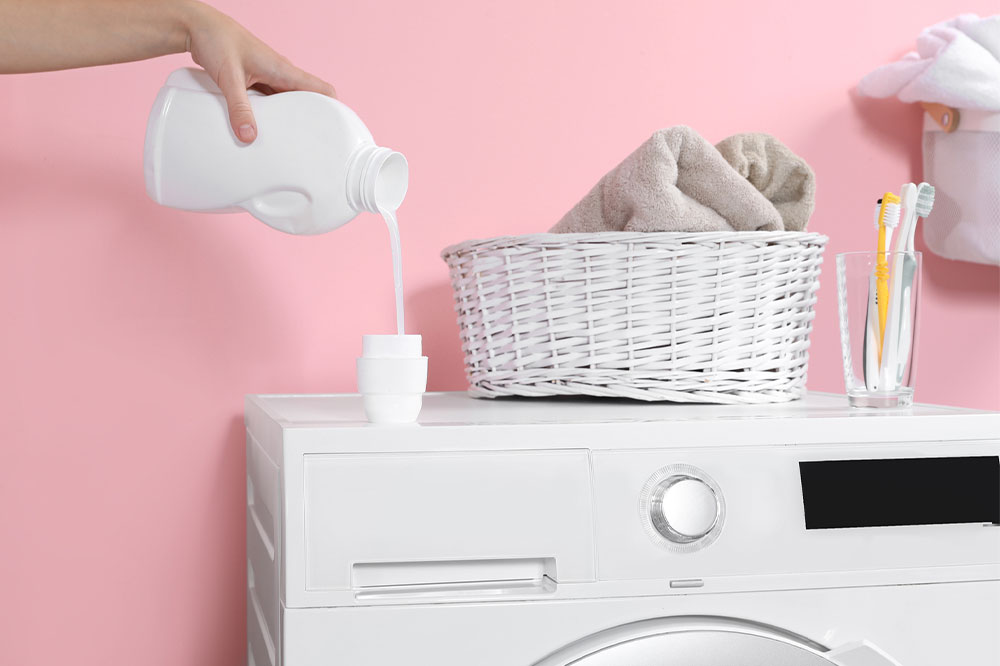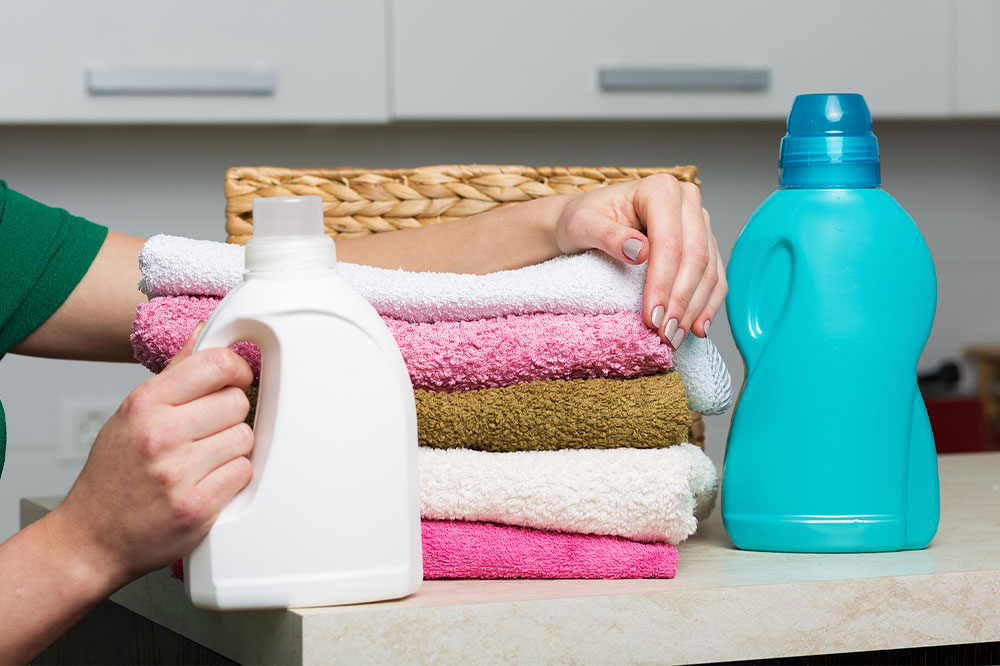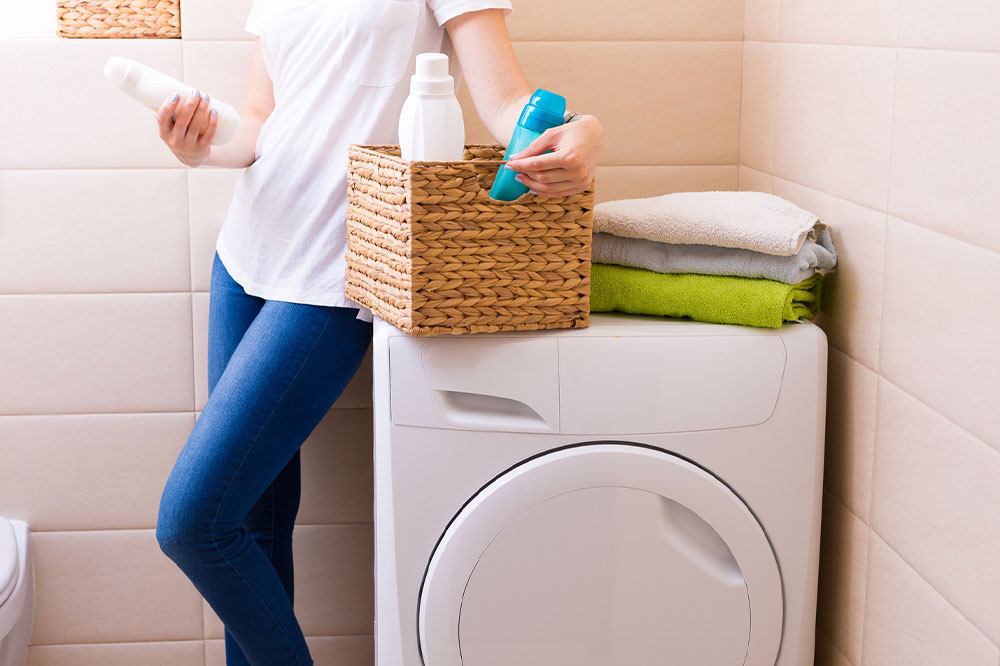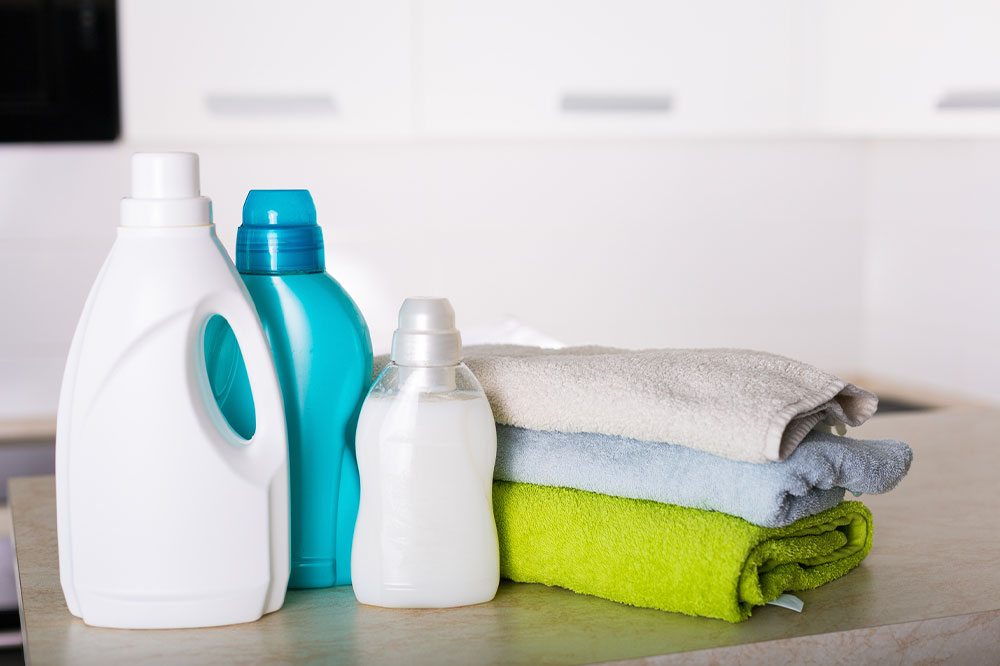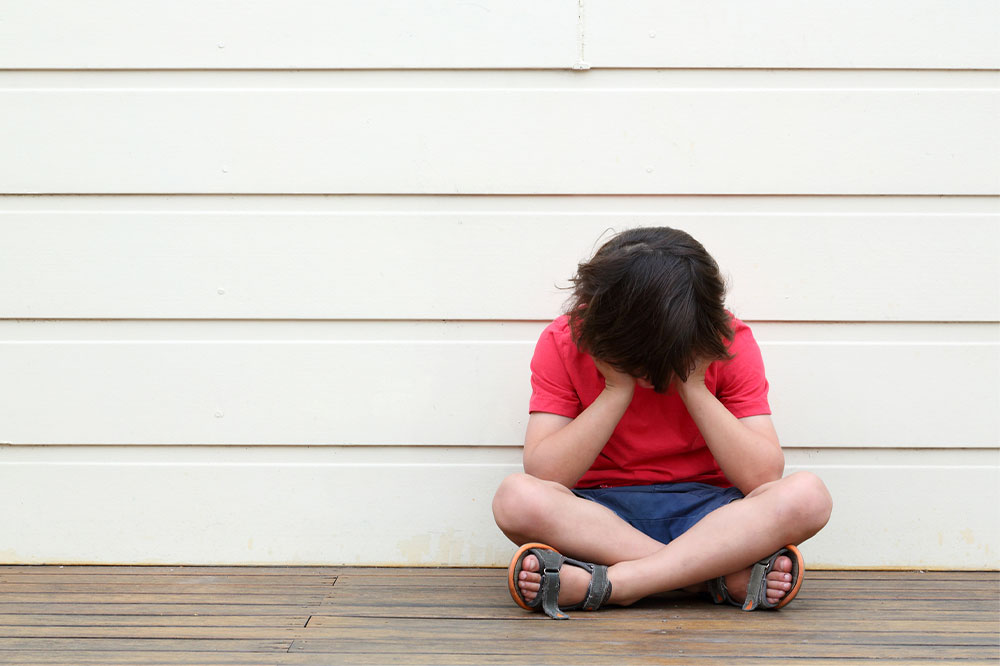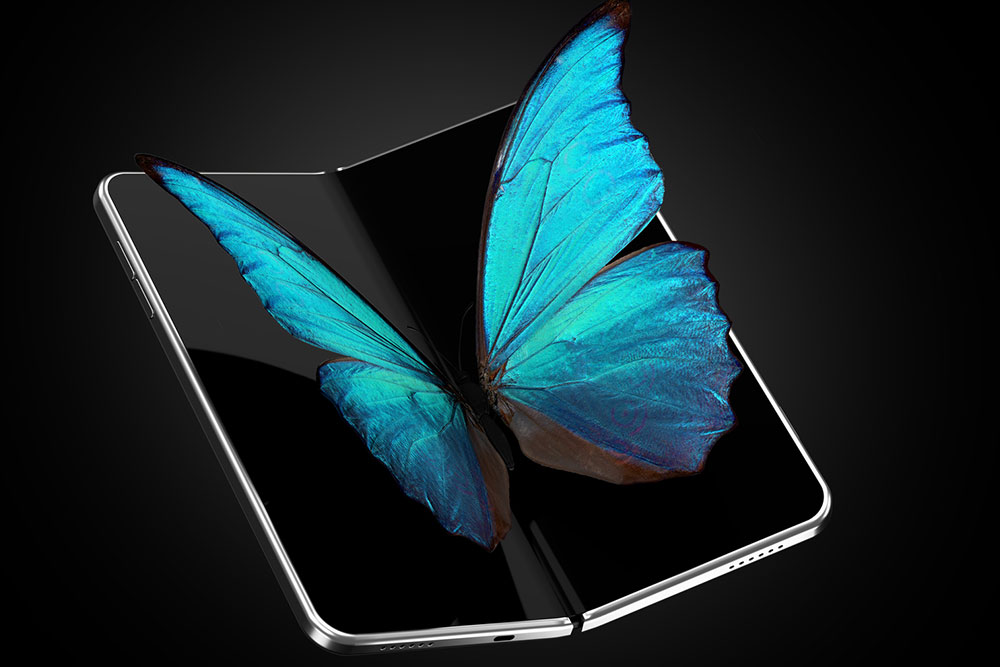8 mistakes to avoid while waxing at home
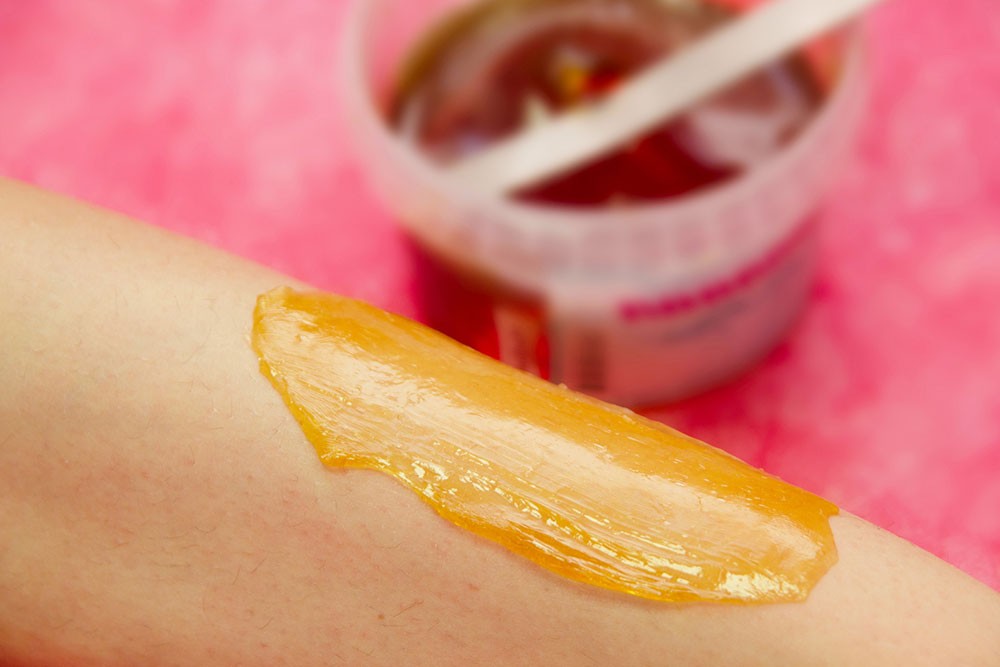
Removing hair or waxing at home can be quite frustrating. This is because it causes several problems, such as missing a patch of hair, skin breakage, unnecessary pain, ingrown hair, and redness. All of this can result in a bad waxing experience. Besides, there is a waste of time and money. Also, people tend to make some common mistakes that can further worsen the hair removal or waxing experience at home.
1. Waxing at the wrong time
One of the most important but often overlooked things about waxing is when to do it. The timing should not be too soon or too late. This means one needs to wait for the hair length to grow to at least about 1/4 inch long before deciding to undergo hair removal or waxing at home. If the length is too short, the experience will be too painful. On the other hand, longer hair means more breakage during the waxing process. This will not give a smooth finish like waxing is supposed to do.
2. Ignoring the wax temperature and consistency
Waxing may seem like a simple thing to do: just heat up the wax and apply it. But this is not how it works. There is science behind how much the wax has to be heated for it to work effectively during the hair removal process. So, whether one decides to use a wax warmer or a microwave, it is important that the wax has the right consistency and is at the right temperature. This means the wax should not be too hot or too runny. It must be in a liquid form with a syrupy texture. In addition, it must be warm to touch but not too hot that it burns the skin. Besides this, it is also crucial to research and understand the differences between soft and hard wax.
3. Forgetting to prep the skin before waxing
During the waxing process, the skin works like a canvas. It has to be prepared well for an effective hair removal process. How the skin is prepped usually depends on the type of wax. For instance, if one is using sugar-based wax, it would be helpful to wash the skin well and remove grime, oil, and dirt. On the other hand, if one is using resin-based wax, it is important to leave the natural oil on the skin so that the waxing does not hurt too much.
4. Applying too much wax
To achieve the best results while waxing, it’s recommended to follow the principle of “less is more” when it comes to the amount of wax applied. Only a thin coating of wax needs to be applied to cover the hair. If more wax is applied, it will lead to a mess. Besides, it will hurt more, and the waxing process might not be quite effective. One of the best ways to ensure that the right amount of wax is applied is by getting only a thin layer on the applicator. Simply spread it evenly and thinly on the hair.
5. Not paying attention to the direction of the wax application
This is another common mistake that both first-timers as well as experts can make. It is important that the wax is applied in the direction in which the hair is growing. So, when the wax is removed, it will be done in the opposite direction. With this method, all the hair in that specific patch will be removed in one go.
6. Removing the strip too slowly
If the strip is removed too slowly, it will cause more pain. Besides, the waxing will not be quite effective. One way to avoid this mistake is to use the 1, 2, 3, and go method. Count to three and remove the strip in one swift motion at the end of the count. If it’s hard to do it alone, it is better to ask for help and get someone else to do it.
7. Not holding the skin tightly
While pulling the strip off quickly, it is important to ensure the skin is taut. This means the skin should be stretched tightly while the wax is being removed. This will cause less tugging and ensure the hair comes off easily without causing much pain. Contrary to what many people believe, it is not the removal of hair from the follicles that causes the redness and pain during waxing. It is severe tugging of the skin that causes the hurt.
8. Skipping the aftercare
To ensure a smooth waxing experience, it is important to take proper care of the skin before and after the process. After waxing, it is important to exfoliate the skin to remove dead skin cells, which can help prevent ingrown hair. If there is any residual wax left on the skin, applying a skin-friendly oil can help remove it. Once this is done, take steps to soothe and relax the skin to avoid inflammation and redness. This can be done by applying moisturizer or cooling gel that contains soothing ingredients like aloe vera. Finally, avoid exposing the skin to extremely hot water and direct sunlight for a couple of days to lower the chances of irritation.


